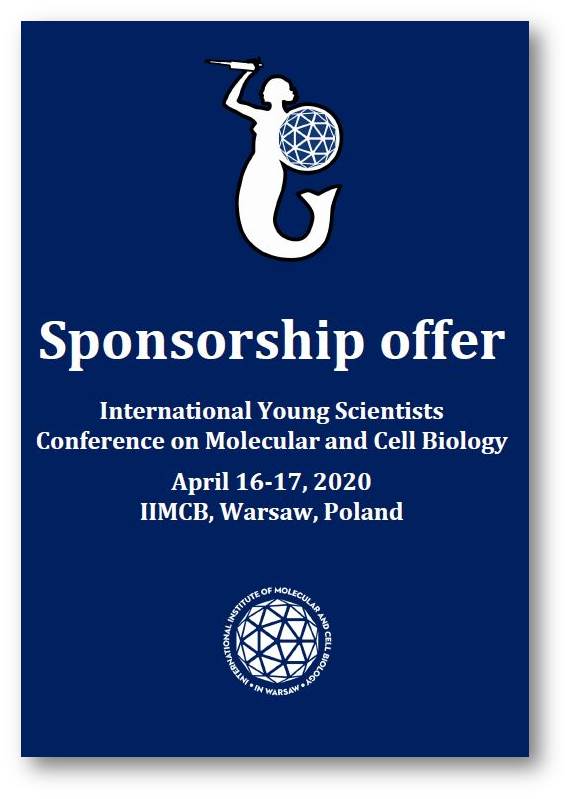International Young Scientists Conference on Molecular and Cell Biology 2021
About the conference
We would like to invite you to a two day international conference dedicated to PhD, Master and undergraduate students interested in molecular and cell biology. The meeting will be held on February 25th-26th, 2021.
Due to the current state of the SARS-CoV-2 coronavirus outbreak, the conference will be held as an online event.
The International Young Scientists Conference seeks to create opportunities for early-stage scientists to present their research and experiences in science. We believe that the ability to talk about your work with similarly inclined people is crucial for self-development. Trying to address this, we decided to continue with Young Scientist Conference meeting and expand it by reaching out to the international scientific community.
We invite you to join us for a two day meeting during which we will have lectures given by five invited keynote speakers, talks by selected applicants and at least two poster sessions. Additionally, as a part of the conference, there will be a mentoring session where participants will be able to engage with prominent and established scientists in an informal setting.
Keynote lectures and participants’ presentations will be divided into five topics:
 |
 |
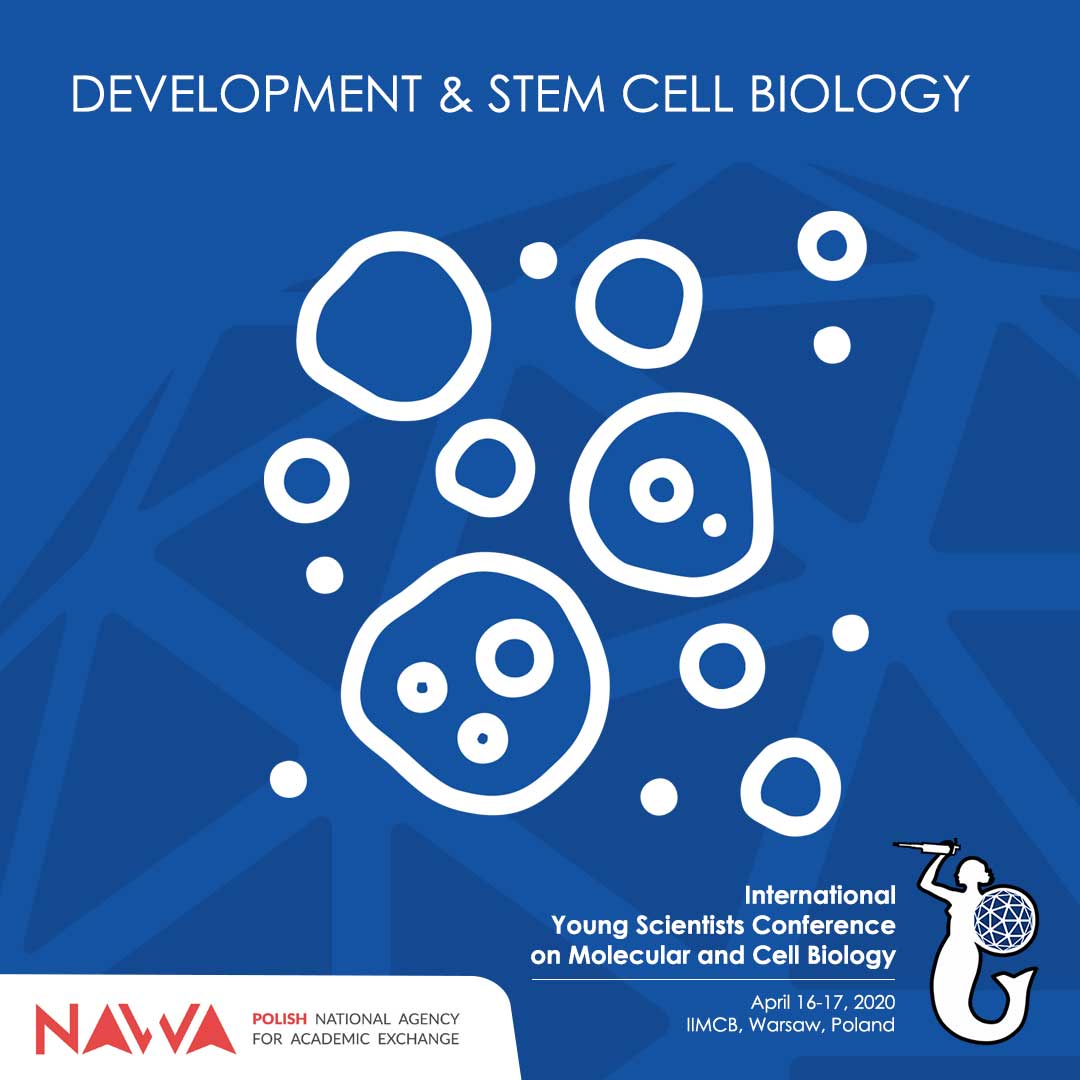 |
 |
 |
| Cell Biology | Cancer & Ageing & Diseases | Development & Stem Cell Biology | Methods & Trends in Biology | Structural Biology |
Registration
Please be kindly informed that the conference is free of charge.
Conference Program
Conference program can be found here.
Invited Speakers
Prof. Christophe Lamaze is a Group Leader of Membrane Dynamics And Mechanics Of Intracellular Signaling Laboratory at The Institut Curie, France. His laboratory focuses on studying cell biology of membrane trafficking and mechanics, and its role in intracellular signaling. The group’s main interests are: the mechanical role of caveolae in signaling and pathophysiology, molecular control of JAK/STAT signaling by endosomal sorting of interferon receptors (IFN-Rs), and the role of membrane trafficking in cholesterol transcriptional homeostasis.
Find out more by following this link.
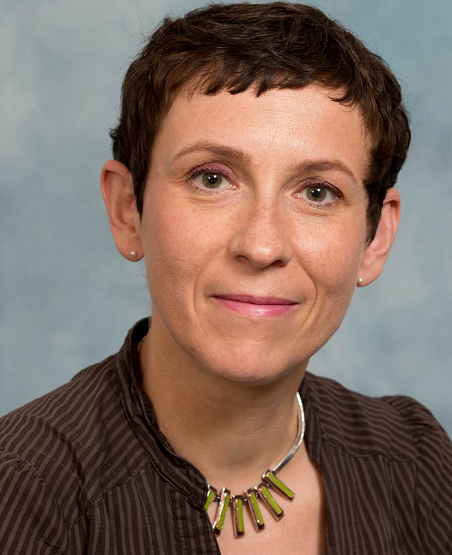
Prof. Anne Bertolotti is a group leader at the MRC Laboratory of Molecular Biology in Cambridge, UK. Her research experience has immensely contributed to our understanding of the cellular protein homeostasis pathways. Her group has developed several strategies to prevent the deposition of toxic protein aggregates in cells and is exploiting these for the treatment of neurodegenerative diseases.
Her most recent work has led to the discoveries of strategy to inhibit one of the serine/threonine phosphatase which is a negative regulator of protein homeostasis. The revolutionary idea of targeting a phosphatase, previously believed to be undruggable, was implicated in reducing the misfolded protein accumulation in the cell. In the future, this may help to find new pharmacological interventions for neurodegenerative diseases.
Find out more about her research by following this link: https://bit.ly/2EE55su
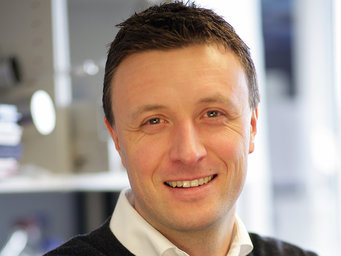
Prof. Patrick Cramer is a director of the Department of Molecular Biology of the Max Planck Institute of Biophysical Chemistry, Göttingen, and a honorary professor at the University of Göttingen.
Patrick Cramer is one of the most recognized scientists in the field of transcription in the world. His laboratory combines cutting edge structural biology approaches, functional genomics and computational biology to understand the expression and regulation of the eukaryotic genome. Cramer’s group also develops new methods for studying transcription, RNA metabolism and epigenetics.
Patrick Cramer has more than 12000 citation and H-index of 59. He has received many awards including Gottfried Wilhelm Leibniz Prize (2006), Ernst Jung Prize (2009), Feldberg Foundation Prize (2011) and the Federal Cross of Merit from the Federal Republic of Germany (2012). Cramer is member of the European Molecular Biology Organization (EMBO) and the German Academy of Sciences (Leopoldina). Since 2016 Patrick Cramer chairs the Council of the European Molecular Biology Laboratory (EMBL).
As a post-doc in Roger Kornberg’s laboratory he has determined an atomic crystal structure of RNA polymerase II, which encouraged scientific community to award Kornberg with the Nobel Prize in chemistry in 2006 for studies of the molecular basis of eukaryotic transcription.
Find out more by following this: https://www.mpibpc.mpg.de/12602371/cv_cramer
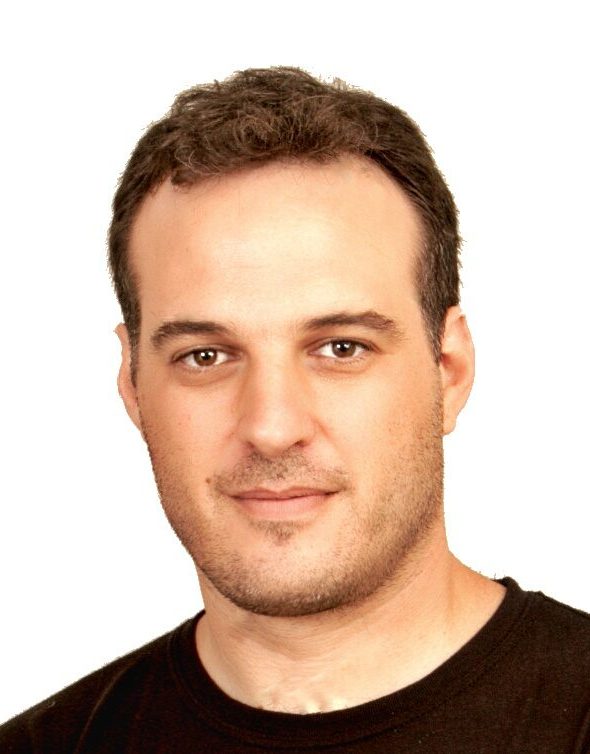
Prof. Noam Kaplan is na Assistant Professor in Technion Israel Institute of Technology. He is a head of the Genome Structure & Function lab. Because genome is a highly complex and rigorously regulated structure, his group focuses on the connection between genome 3D structure and genetic information hidden there. His aim is to understand how chromatin structure mediates biological function in various biological systems and diseases. To achieve this goal they combine high-throughput methods, based on NGS, and computational analysis. Recently his group has developed an improvement to the commonly used method Hi-C, what allowed assembling various genomes such as frog, mosquito and barley. His work is widely acknowledged, as he has published his data in e.g. Nature, PLOS ONE and Nucleic Acid Research.
To find out more about his fascinating research see: www.kaplanlab.technion.ac.il/research
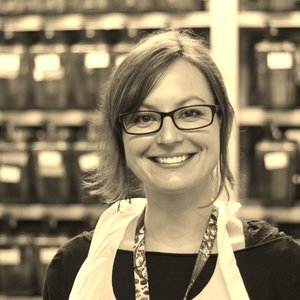
Dr Kaska Koltowska - Dr Koltowska is a Principal Investigator at the Department of Immunology, Genetics and Pathology in Uppsala University, Sweden. Her team utilizes zebrafish to dissect how cell migration, division and differentiation are coordinated with molecular cues during lymphangiogenesis. Their research broadens our understanding of lymphatic vessel formation and function, leading to the possibility of the development of new therapeutic approaches.
To find out more, see: https://koltowskalab.com
Abstract Guidelines
Abstracts must be submitted using the online registration form (original research only; reviews will not be accepted). All abstracts must be submitted in English, have a maximum of 300 words and be formatted according to our template. The abstract template can be found here.
Oral presentation
Selected talks of original research (reviews will not be accepted) should be provided in English and be prepared for 10 min + 5 min questions.
Poster Specifications
Posters will be presented by the screen-sharing option, we warmly recommend you to prepare your posters in the form of a few slides presentation (16:9 ratio).
Venue
International Institute of Molecular and Cell Biology in Warsaw
4 Ks. Trojdena Street
02-109 Warsaw, Poland
Sponsorship
We wholeheartedly appreciate your consideration of sponsorship and support, and look forward to discussing with you, in detail, your potential involvement in this conference. Take a look at the offer we have prepared for our sponsors.
Contact
In case of any questions, please contact us by email: This email address is being protected from spambots. You need JavaScript enabled to view it.
GDPR
The agreement for personal data processing and storage can be found here.
The agreement for image dissemination can be found here.
Scientific committee
-
Vladimir Korzh, Prof. (International Institute of Molecular and Cell Biology, Warsaw, Poland)
-
Krzysztof Skowronek, Prof. (International Institute of Molecular and Cell Biology, Warsaw, Poland)
-
Leszek Pryszcz, PhD (Centre for Genomic Regulation, Barcelona, Spain)
-
Kamil Jastrzębski, PhD (International Institute of Molecular and Cell Biology, Warsaw, Poland)
-
Magdalena Banach-Orłowska, PhD (International Institute of Molecular and Cell Biology, Warsaw, Poland)
-
Jordan Ramilowski, PhD (RIKEN Center for Integrative Medical Sciences, Yokohama, Japan)
-
Wojciech Siwek, PhD (University of Oxford, Oxford, England)
-
Dawid Głów, PhD (University Medical Centre Hamburg-Eppendorf, Hamburg, Germany)
-
Matylda Macias, PhD (International Institute of Molecular and Cell Biology, Warsaw, Poland)
Organizers
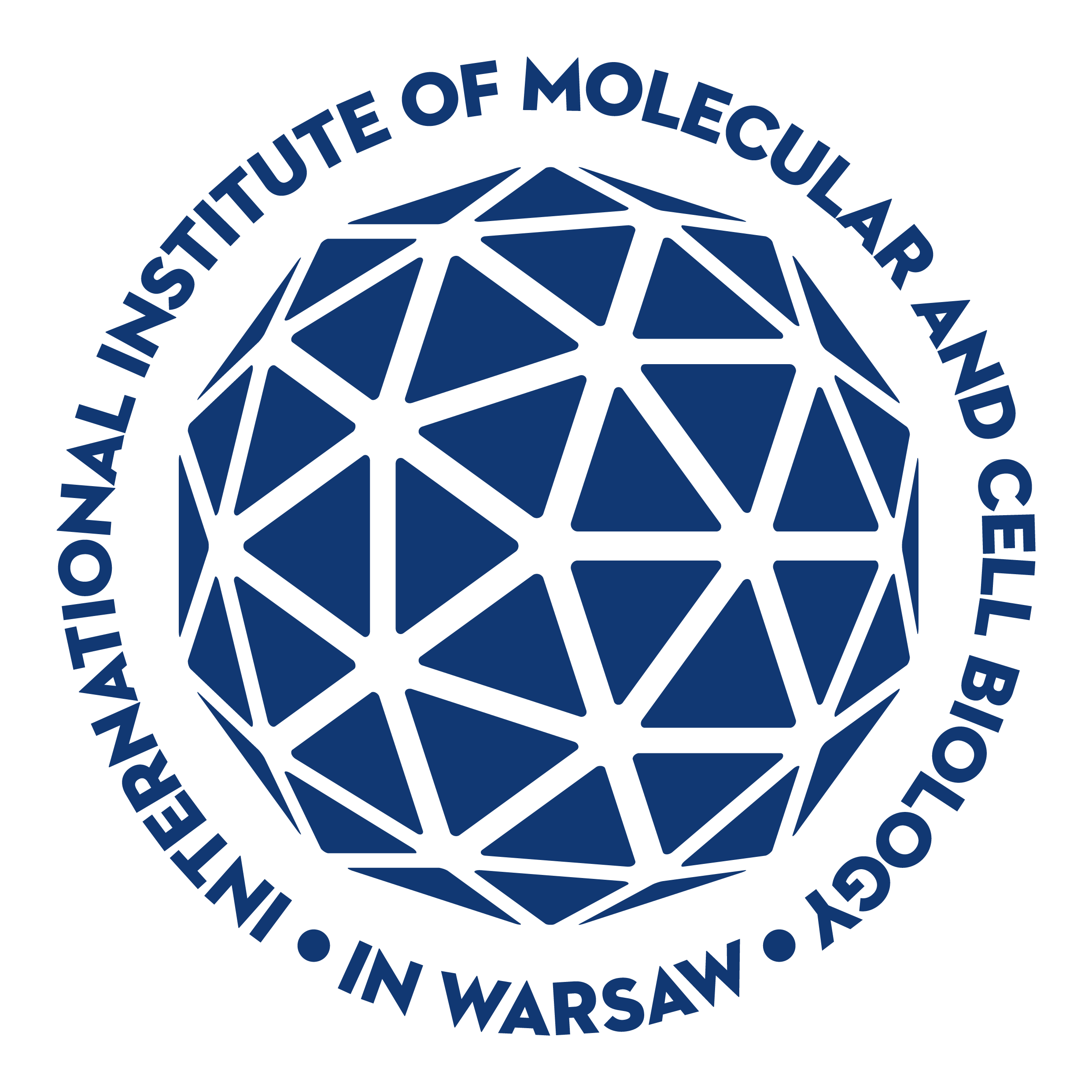
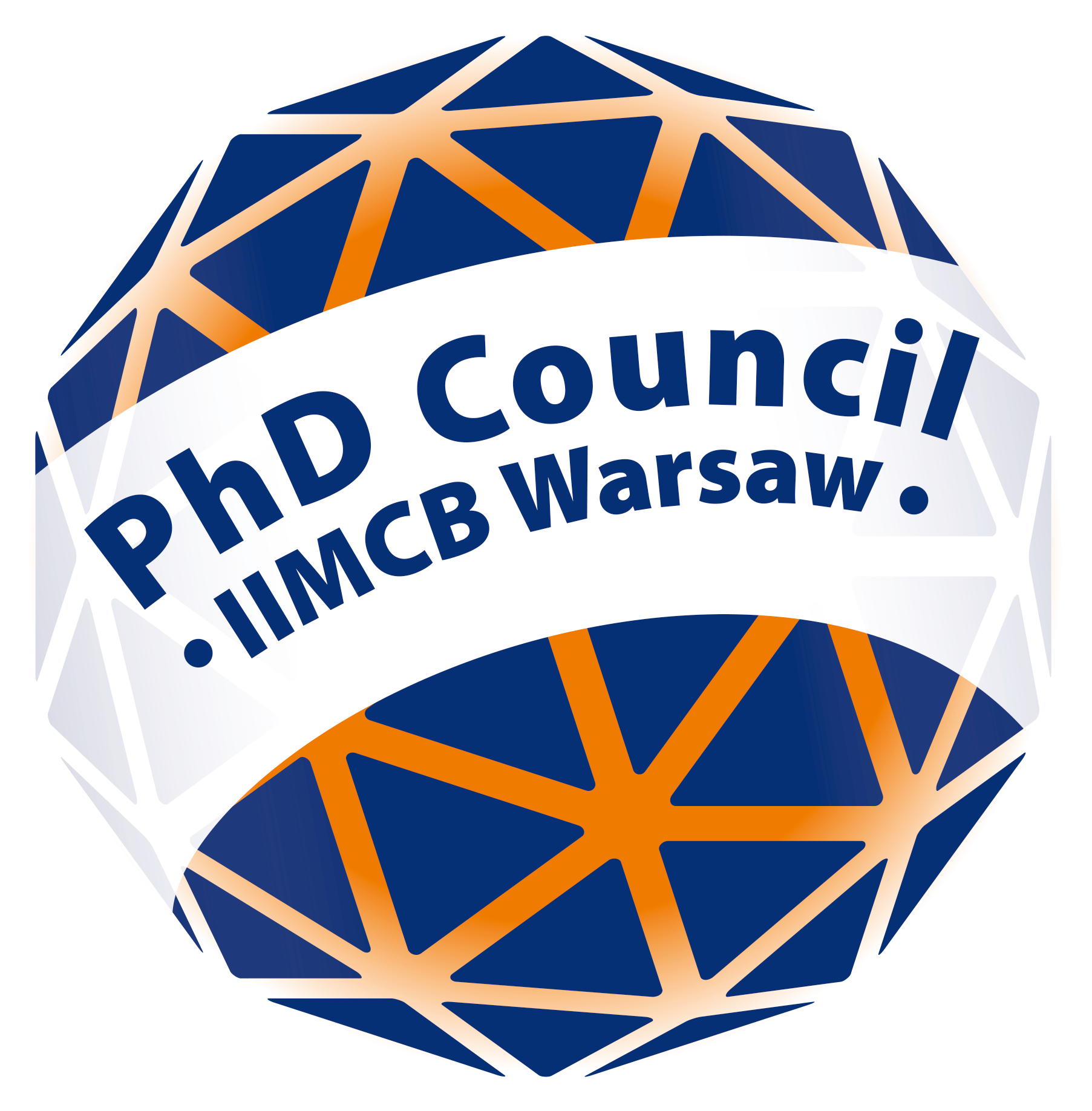
Sponsors
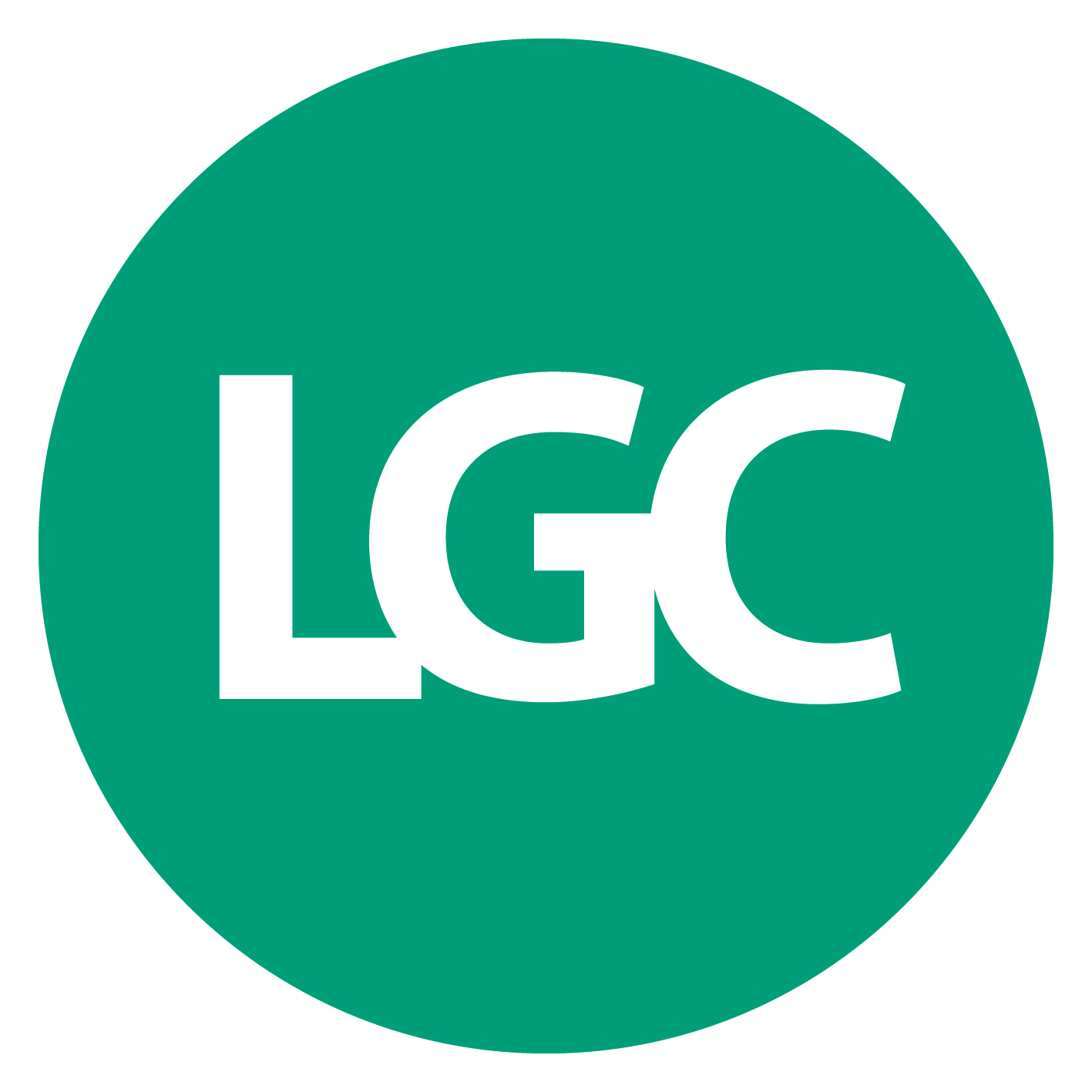 |
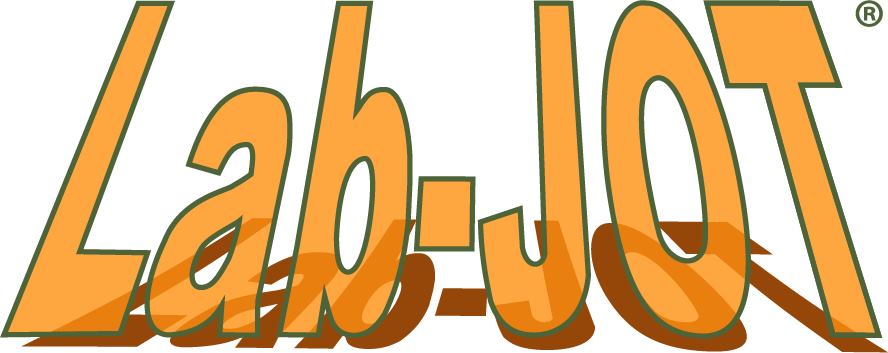 |
|
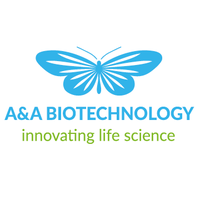 |
| |
|
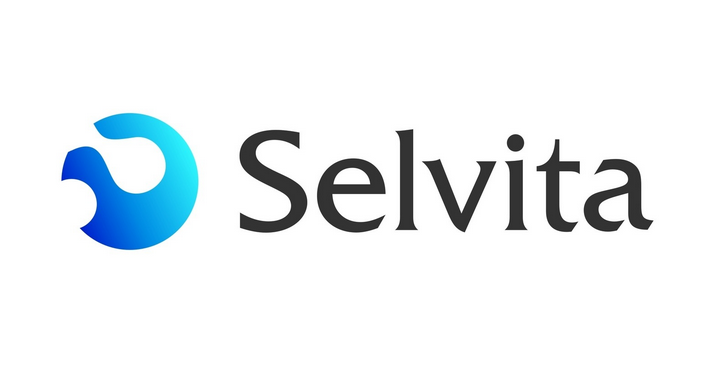 |
|
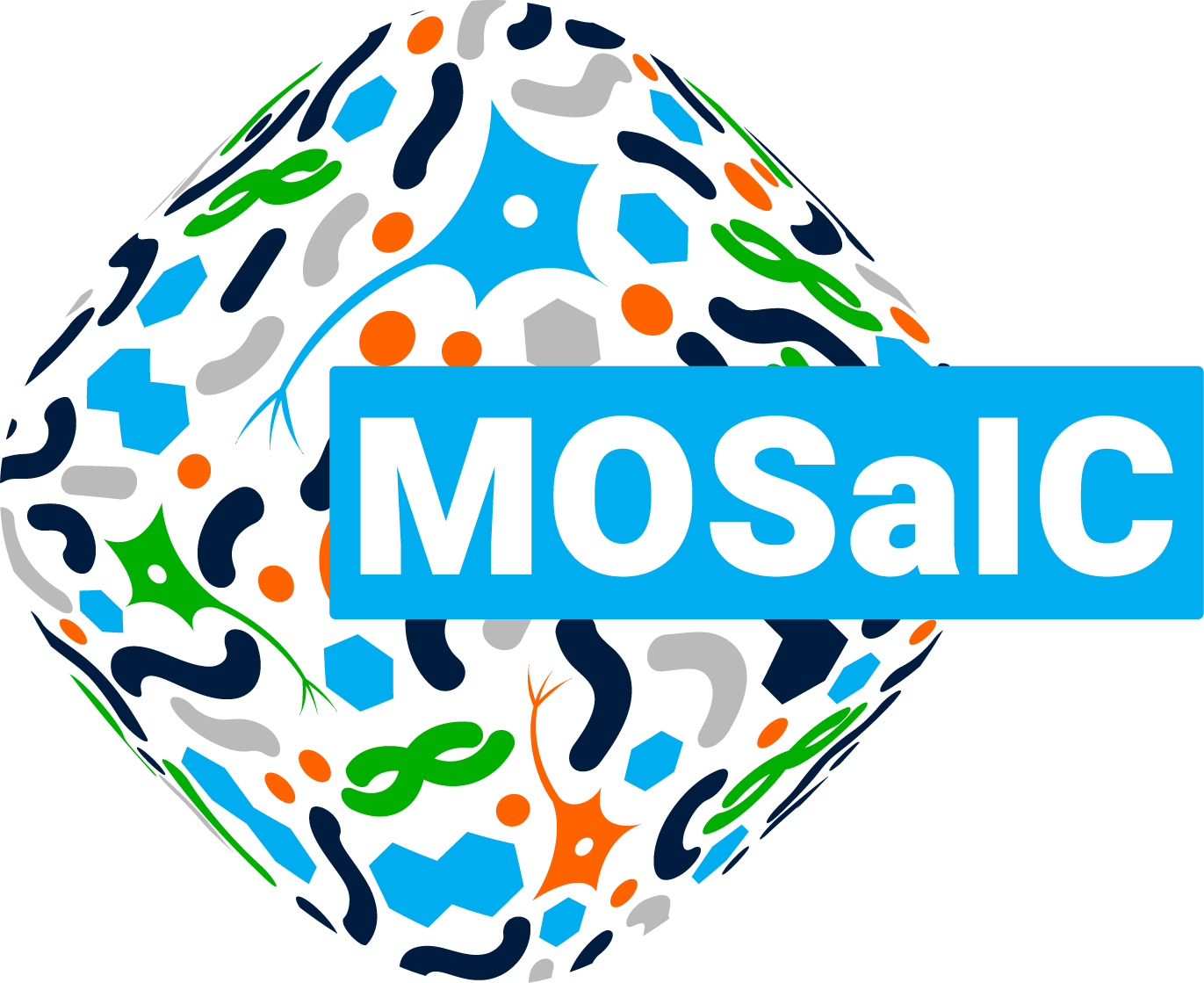 |
Patronage
 |
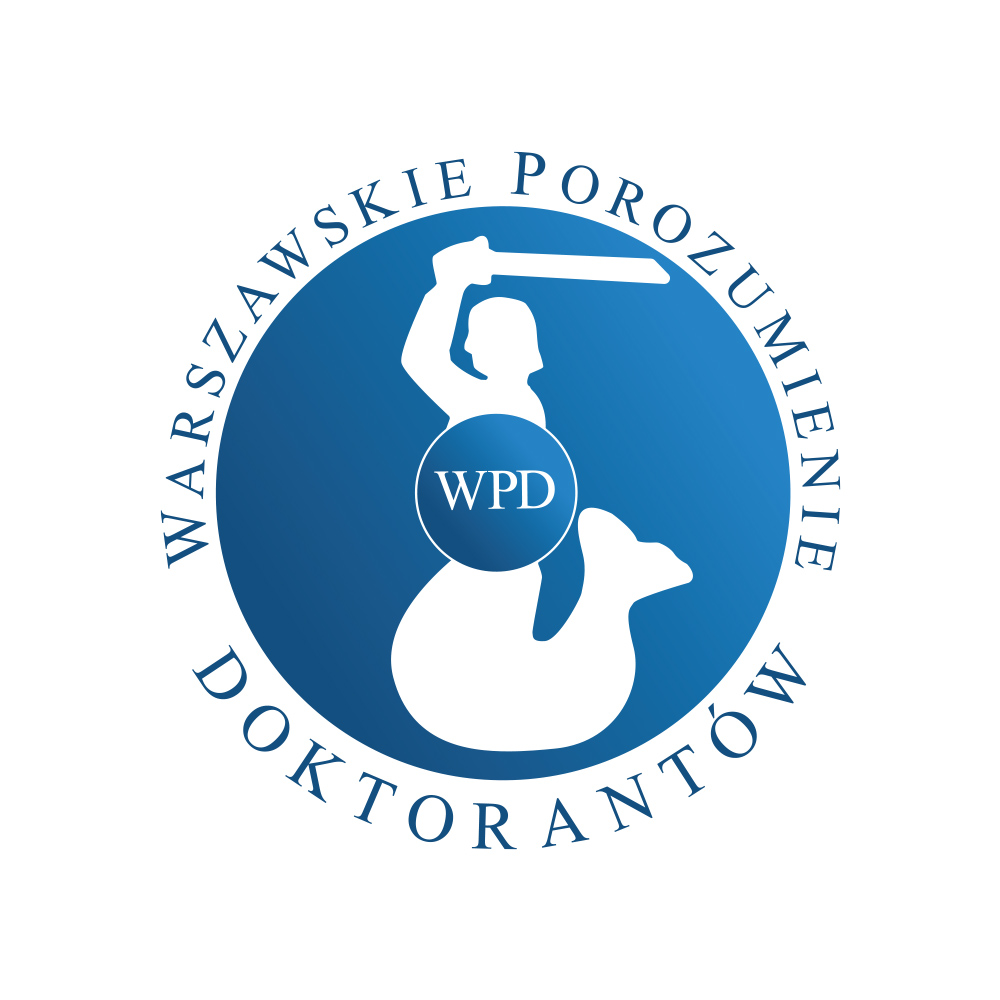 |
Media Partner
|
|
The Project is financed by the Polish National Agency for Academic Exchange under the Foreign Promotion Programme. |

Organizing committee
Karim Abu Nahia, Paulina Brodacka, Daria Goś, Gabriela Jędruszewska, Justyna Jędrychowska, Marta Wróbel, Agnieszka Konkol, Rishikesh Kumar Gupta, Magdalena Krupa, Pratik Kumar Mandal, Małgorzata Maksymowicz, Katarzyna Marszałek, Maciej Migdał, Katarzyna Nakielska, Agnieszka Potęga, Agata Poświata, Anton Slyvka, Agata Skaruz, Agata Szulim, Eugeniusz Tralle, Jan Węsławski.
Download
Coronavirus outbreak
As we all are aware of the current situation with coronavirus COVID-19 outbreak, we would like to assure you that we are monitoring the situation and, if something changes, we will follow WHO regulations and instructions from National Sanitary Inspection. We will keep you updated.

